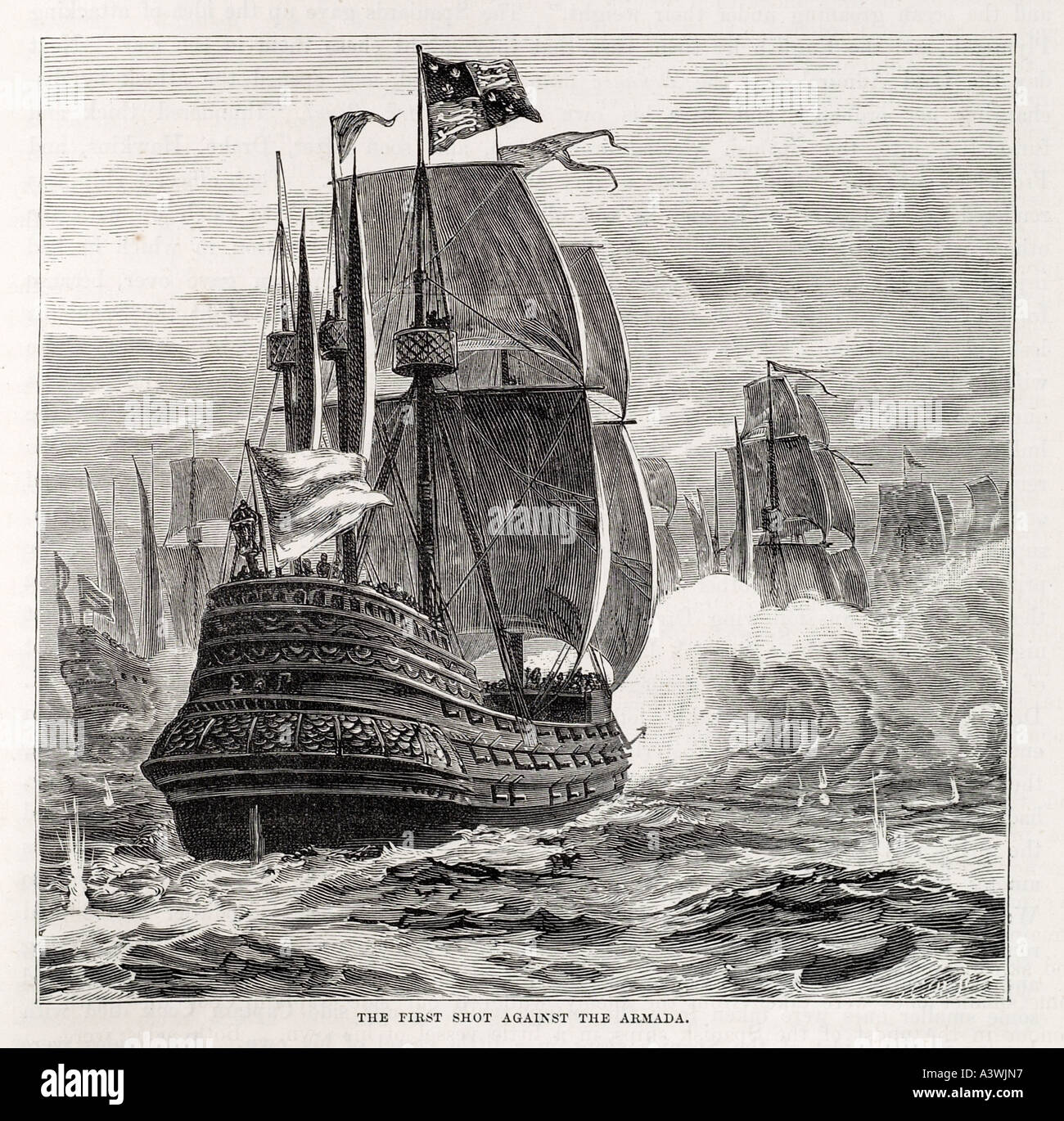

By the end of the decade he was a man of importance in Plymouth, where he had become a freeman (1556) and a common councillor (1558). During the Anglo-French war (1557–8) Hawkins and his brother were successfully engaged in channel privateering. It is unclear whether Hawkins was successful, but his diplomatic skill was evident in his enlisting both the French ambassador in England and the English envoy in France in support of his suit. He spent considerable time in France (1556), attempting in the law courts of Brest to retrieve one of the firm's ships, captured as a prize but later impounded by its original owners.

1519–1589), in the family shipping business. In the 1550s Hawkins was a partner with his elder brother, William Hawkins (c. The later Spanish claim that Philip actually knighted him seems far-fetched but Hawkins did persistently refer to the king of Spain as ' my old master', probably as a formula designed to lend some legitimacy to his commercial forays in the Caribbean. During the negotiations for the marriage of Queen Mary to Philip of Spain, Hawkins seems to have performed some useful service for Spanish emissaries passing through Plymouth.

By the time he was twenty Hawkins had killed a man, a Plymouth barber named White but the coroner adjudged White to have been the aggressor, and Hawkins's father, realizing the seriousness of the offence, shrewdly secured translation of the verdict into a royal pardon, inscribed on the patent roll. Nothing is known of his education, though the script and orthography of his letters, and his technical memoranda as navy treasurer, suggest a cultivated man, schooled in mathematics and navigation. Hawkins was probably brought up in the family home in Kinterbury Street, Plymouth.


 0 kommentar(er)
0 kommentar(er)
